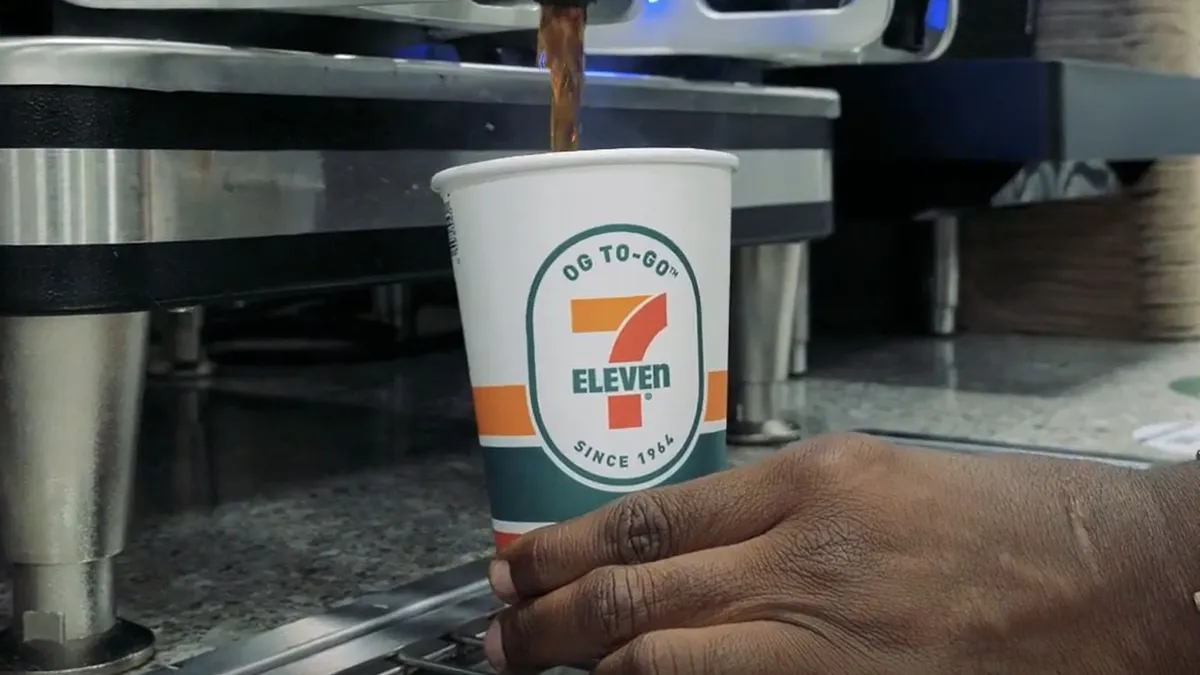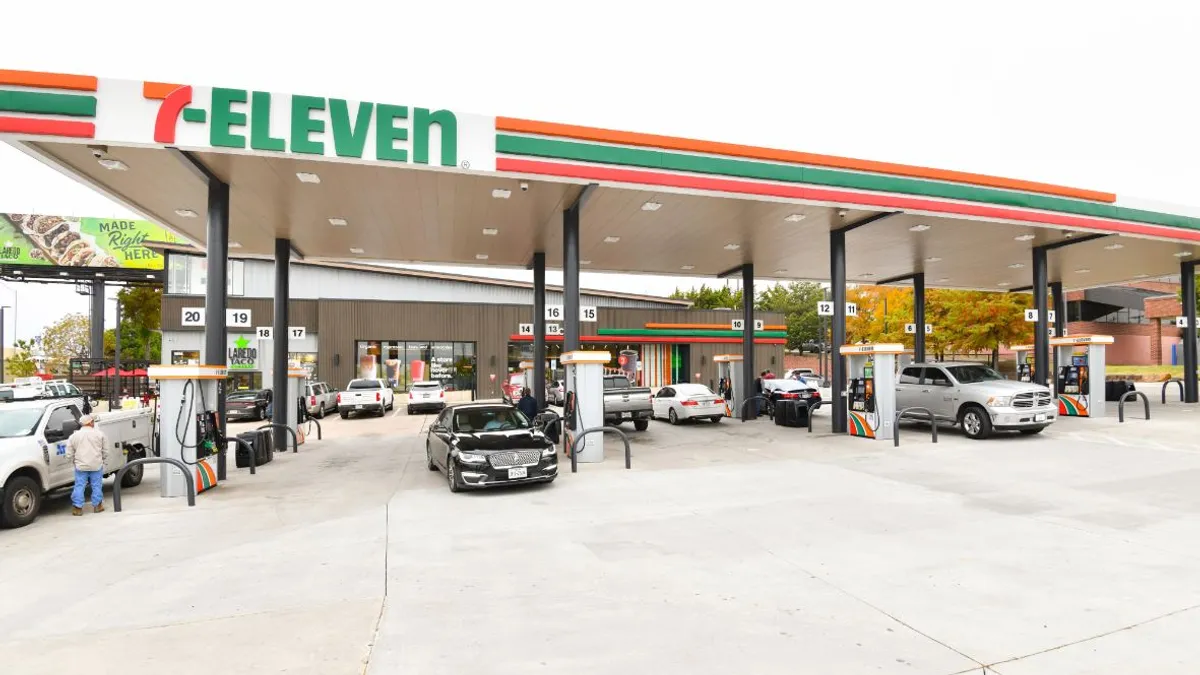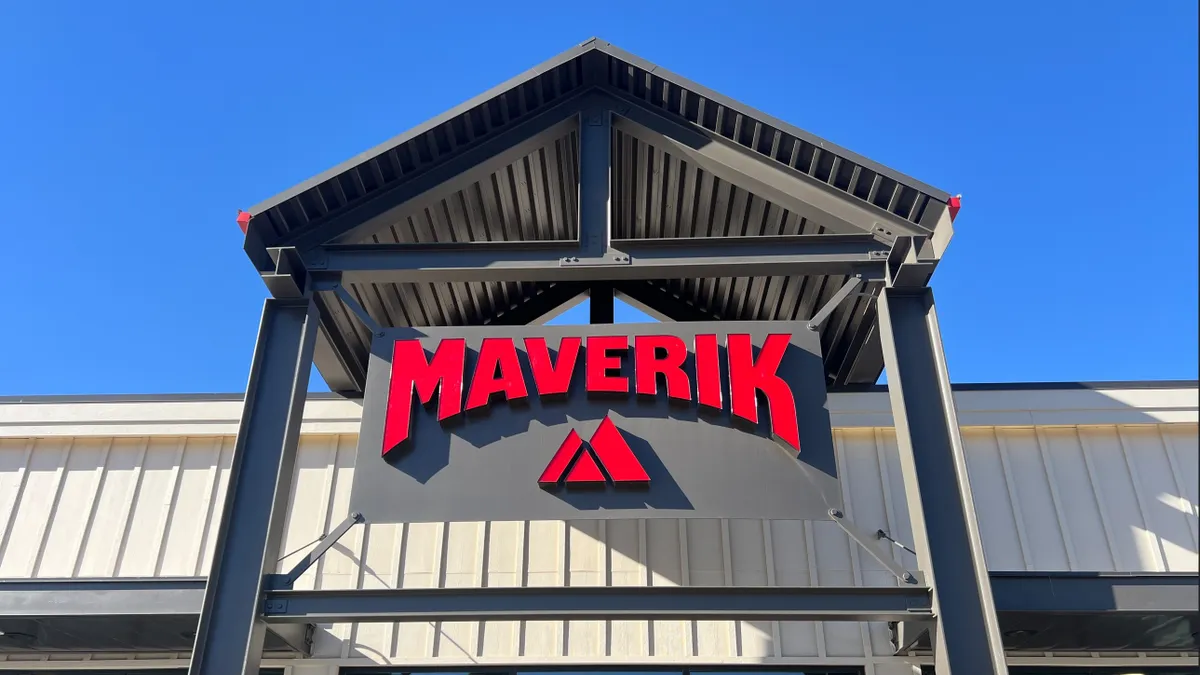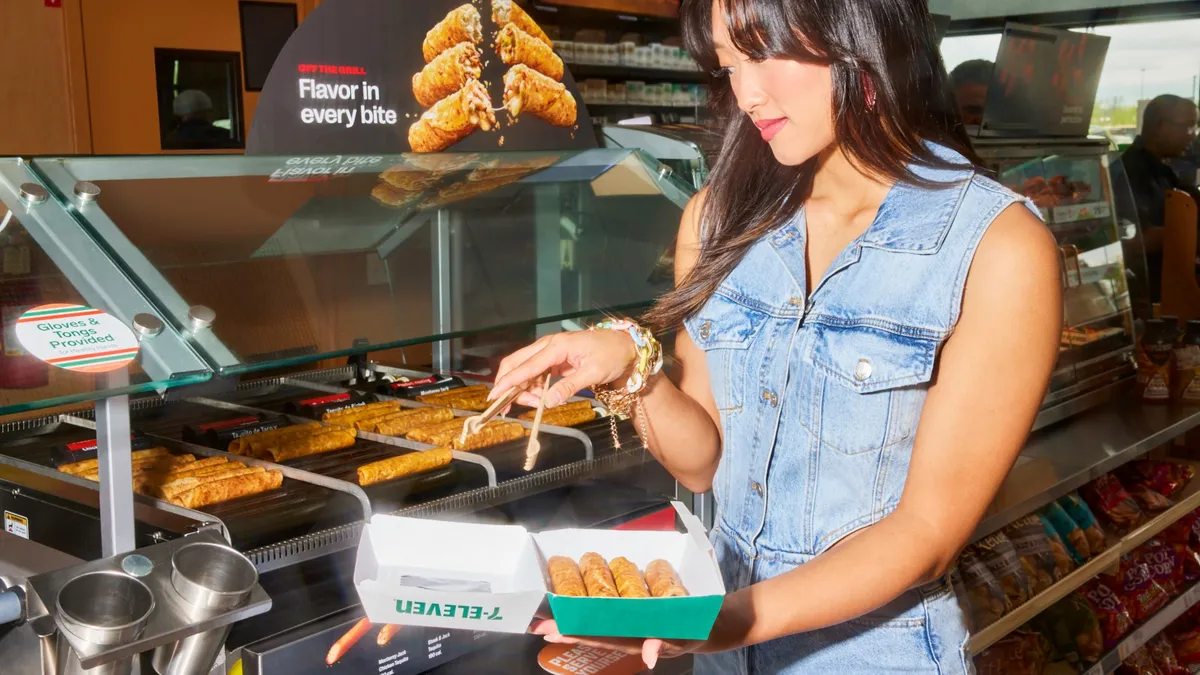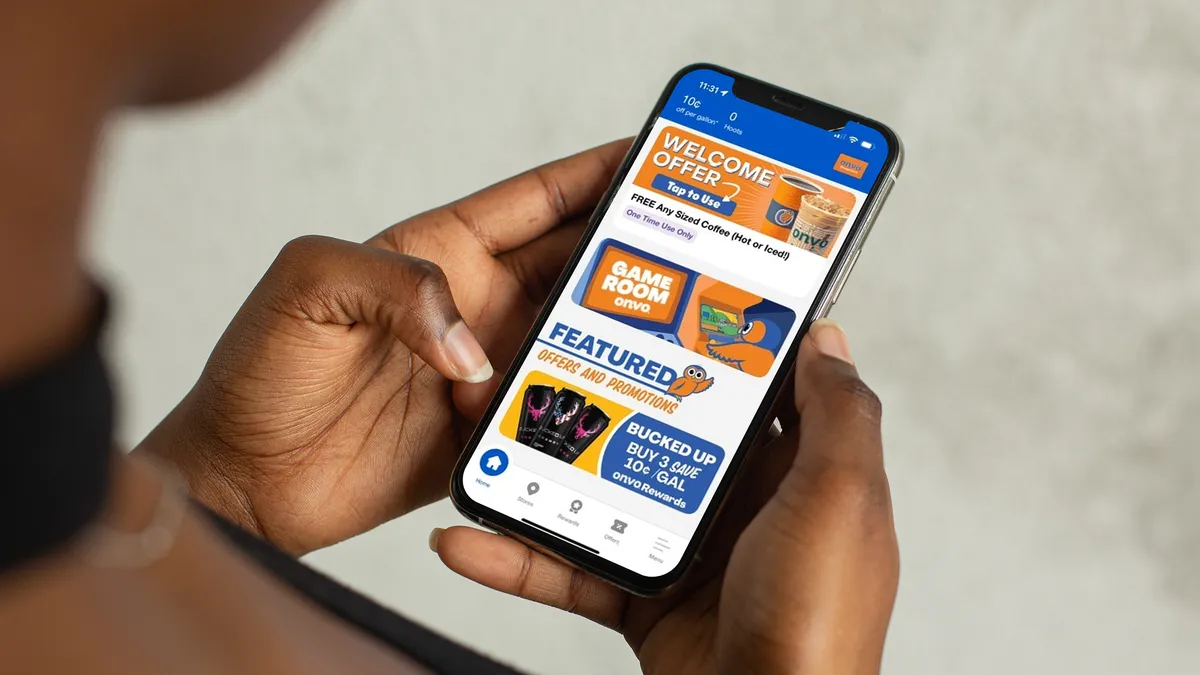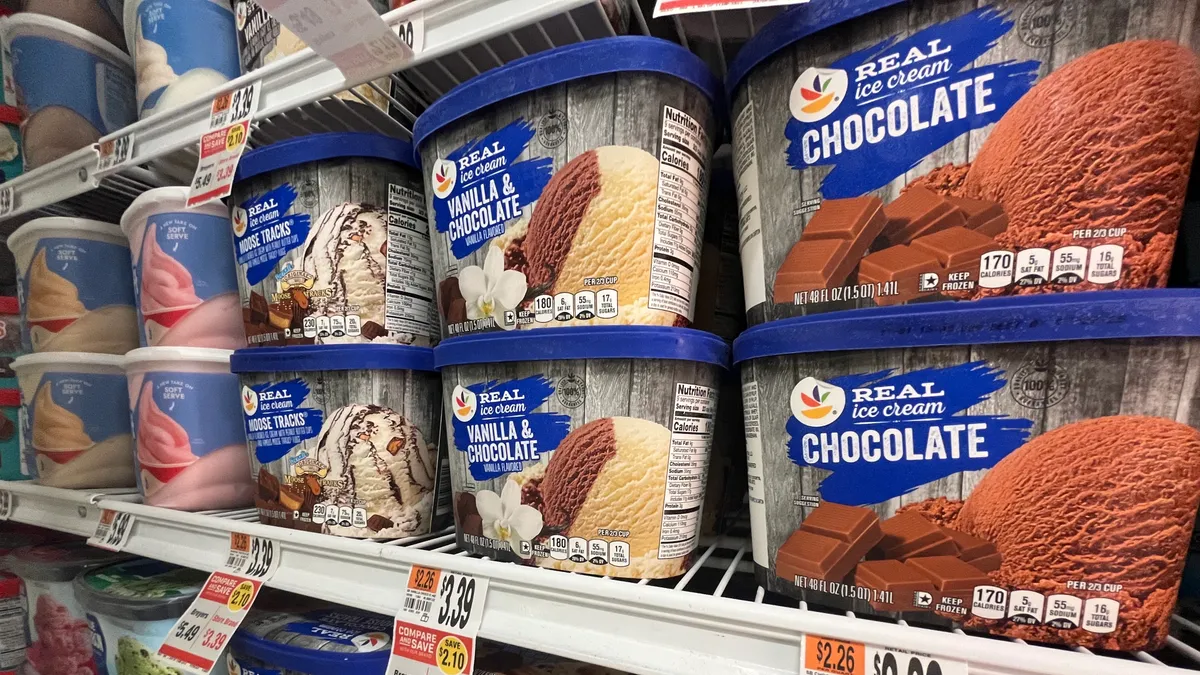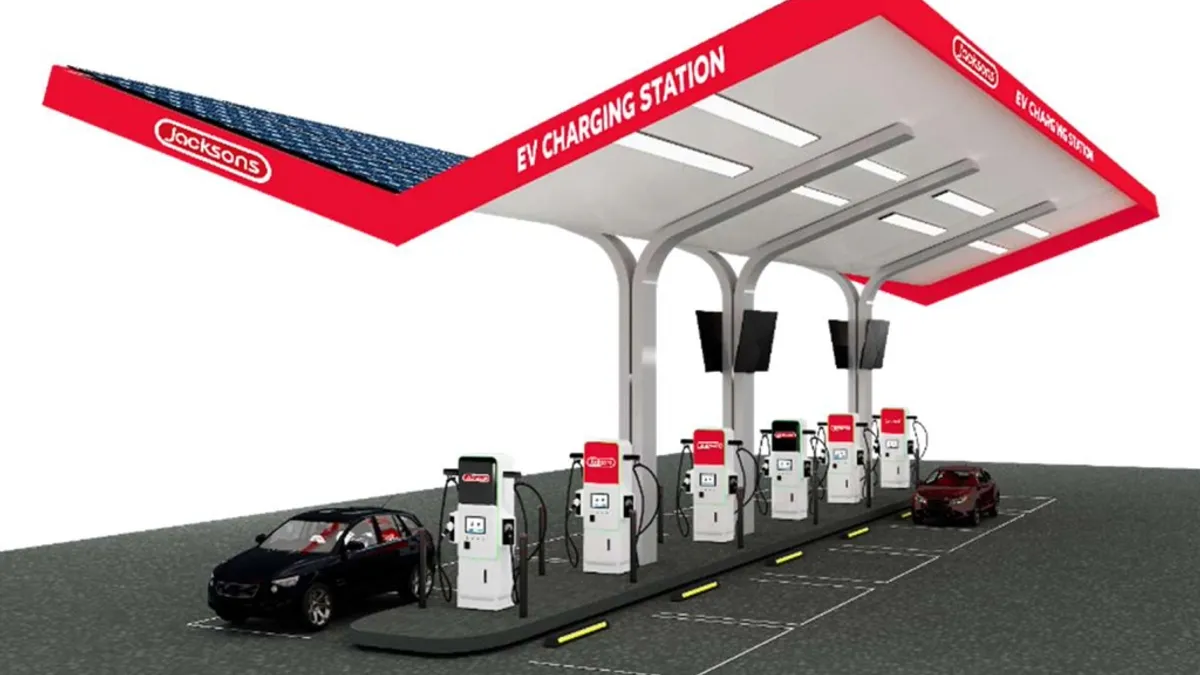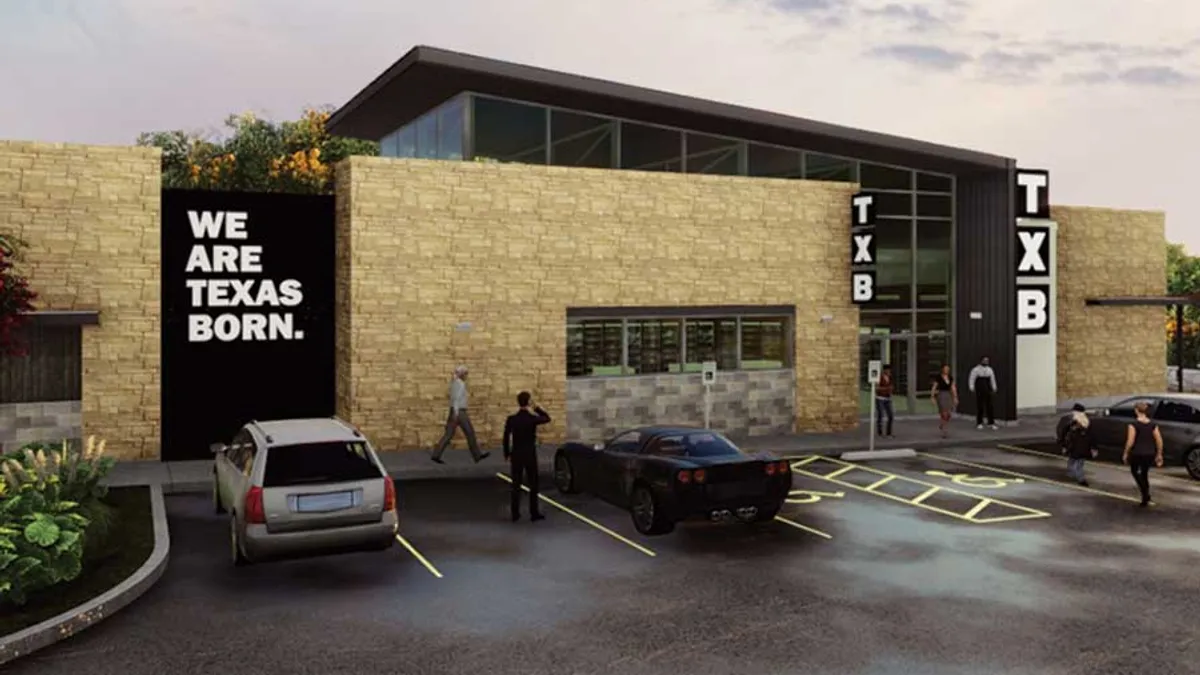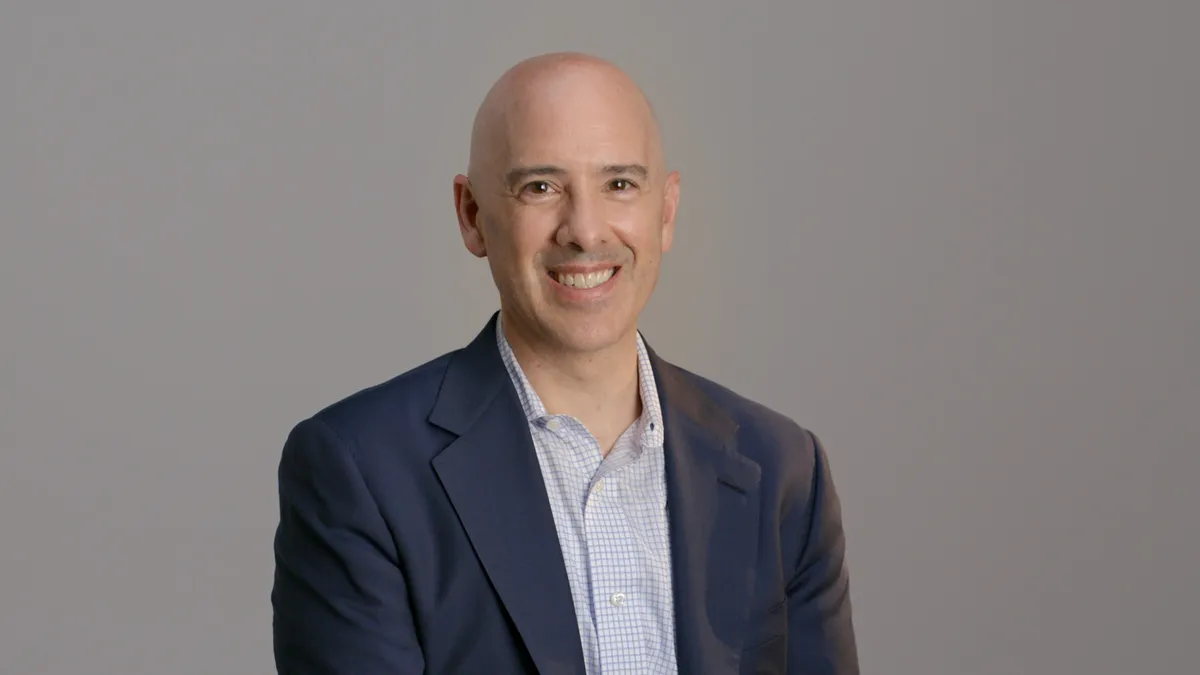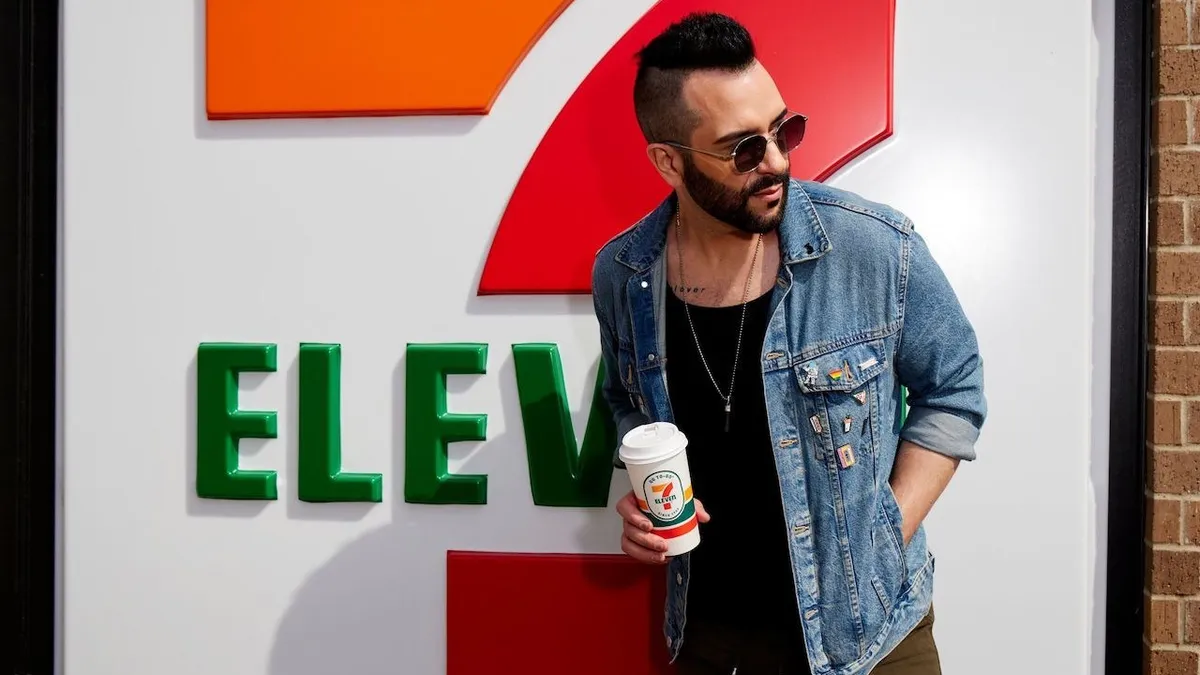While U.S. coffee purchases have slipped in recent years, those days are now over. Last September, the National Coffee Association reported that out-of-home coffee consumption hit its highest levels since January 2020 — right before the onset of the COVID-19 pandemic.
For convenience retailers, this means it’s time to get serious about their coffee programs, if they weren’t already. Although most popular c-store chains have had established programs for years, smaller retailers may be unsure where to start beyond offering traditional drip coffee, which the NCA says is losing traction to more gourmet options.
Here’s what several c-store chains are doing to give their coffee programs a boost.
Bean-to-cup machines are a must
If c-store retailers don’t have beant-to-cup coffee machines at this point, they’re falling behind. Major operators such as 7-Eleven, Circle K and GPM Investments have all tapped into bean-to-cup machines in recent years, as have smaller operators like Dash In and GetGo Cafe + Market.
Arie Kotler, president and CEO of GPM’s parent company, Arko Corp., said the Virginia-based retailer has brought bean-to-cup machines to about 1,000 of its c-stores since the start of the COVID-19 pandemic, after guests began purchasing cups of joe in the afternoon hours in addition to mornings.
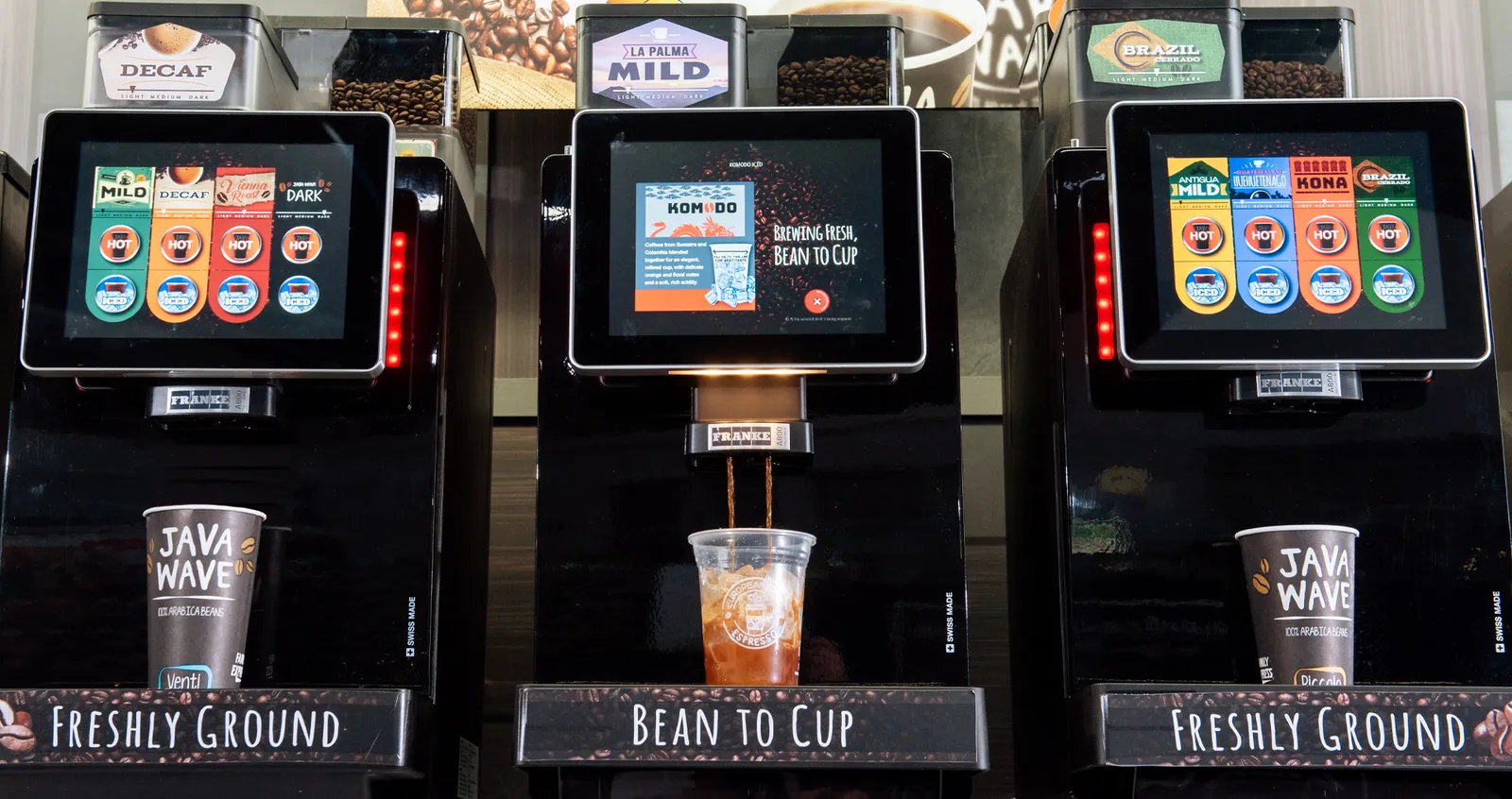
This timing shift forced GPM to ensure they were offering freshly brewed coffee at all hours of the day — something c-stores in general have not always done, Kotler said,
“You basically come into the store, you pick up a cup, you choose your flavor, you press the button, and within less than a minute, you have a fresh brewed coffee that tastes great,” Kotler said.
Go beyond the house roast
Casey’s General Stores spent the past 15 months overhauling its coffee program. When researching why its previous offerings underperformed, the retailer found that guests didn’t like its beans and roasts, chief merchandising officer Tom Brennan said. He added that customers who had stopped drinking Casey’s coffee generally did so because they disliked the taste.
Over a year after starting this process, Casey’s launched its Darn Good Coffee line, which includes eight new flavors: Casey’s house blend, 100% Columbian, French roast, “Rooster’s Call” high-caffeine roast, salted caramel toffee, light roast, decaf and the limited-time toasted pecan blend.
Although the program has only been around for a month, Brennan said Casey’s is seeing guests “really engage” with its new roasts.
GPM also focuses on unique roasts and blends, notably by keeping up with seasonal flavor trends and tweaking its offerings based on consumer demand, Kotler said. Examples include pumpkin spice, salted caramel, an Indonesian Sumatra blend and a Southern Pecan variety in its stores in the South.
“Every season we're going to come up with a limited-edition type of coffee outside of the typical house blend that we're selling,” Kotler said. “It depends on the seasons and it depends on the flavor that is out there.”
Customizable flavors and add-ons are in
Besides poor-tasting roasts, Brennan said Casey’s previous coffee program lacked unique flavors and variety. The company listened to this feedback, and its new Darn Good Coffee program offers various creamers, sweeteners and condiments so customers can create more artisanal drinks.
Casey’s has even named some of these concoctions, such as the Winter Delight, which combines the new French roast with French vanilla and hazelnut flavorings; or the Trailer Hitch Coffee, which mixes the Rooster’s Call blend with hazelnut, caramel macchiato and French vanilla creamers. Directions on the company’s website offer ingredient and mixing steps for customers.
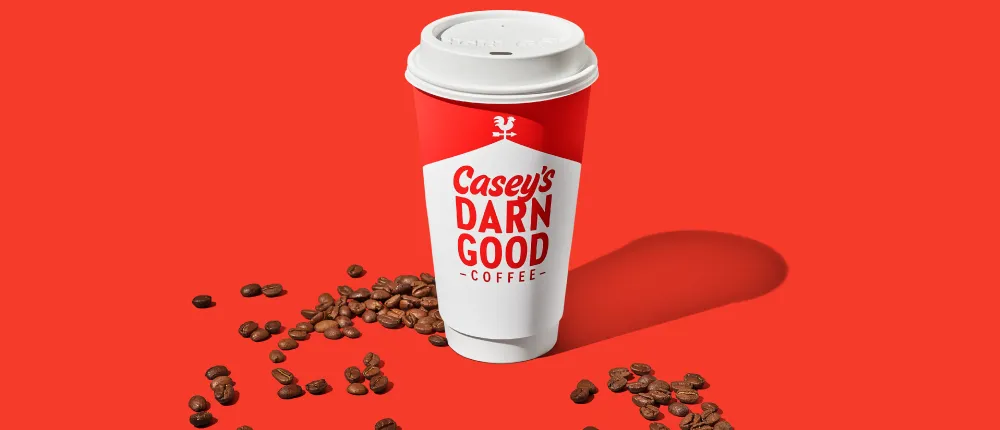
Within the past year, GPM has also augmented its coffee program with add-ons like syrups, sprinkles and powders, Chief Merchandising and Marketing Officer Michael Bloom said. Similarly, 7-Eleven’s revamped coffee program offers numerous sweeteners and creamers, as well as honey and flavored syrups such as French vanilla and pumpkin spice.
These options can be essential to a coffee program, as nearly a third of coffee drinkers said they preferred their coffee with added flavoring, according to a 2024 report from E-Imports, an espresso business solutions company.
Standing out with ridiculously low prices
Affordability has long been a draw for convenience stores, and that applies more than ever to coffee programs these days.
GetGo offers loyalty members a free cup of self-serve coffee on Mondays, while GPM’s rewards customers can purchase any size cup of joe for $1.49, as well as earn a free cup of hot or iced coffee per 10 gallons of gas purchased. 7-Eleven ran an experimental promotion last April that offered a free large cup of coffee to workers from rival convenience store and restaurant chains on Long Island, New York.
With inflation rising once more, coffee discounts and promotions will continue to be an area where convenience retailers “can compete with the big guys,” Kotler emphasized, referring to QSR chains like Starbucks and Dunkin’.
“Many of our stores are in rural, small towns… areas that you're talking about medium-to-low income,” Kotler said. “And this is what those customers are looking for — they're looking for something that they can afford.”



